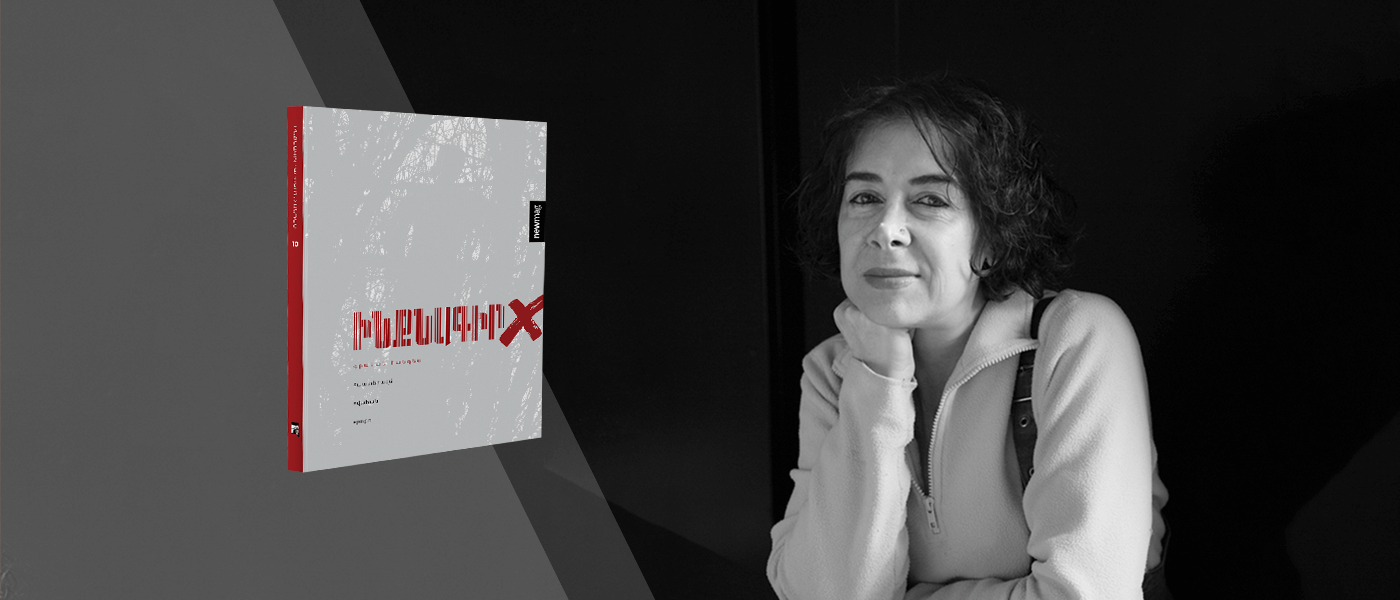
In February 2023, the literary magazine “Inknagir” made its return, with Issue 10 being released in collaboration with Newmag and supported by the “Renaissance” Foundation. In her editorial, editor-in-chief Violet Grigoryan reflected on her decision to revive the magazine and shared insights into what readers can expect. Here are excerpts from her editorial:
In the aftermath of the war, amidst the turmoil, I had made up my mind: it was time to put an end to everything. My conversations with Vahan revolved around Armenia, Artsakh, war, and defeat. Yet, we also delved into discussions about literature. Over the years, Vahan oversaw “Inknagir,” yet he always insisted that I write the editorial. I would draft it, and then he would meticulously edit it. Our debates were spirited; he urged me to express myself more clearly, to ensure comprehensibility, after all, it was an editorial. Reluctantly, I acquiesced, recognizing his wisdom.
Even post-war, Vahan remained deeply connected to literature, but I had reached a point of finality. The powers that were in the new regime made attempts to silence “Inknagir,” aiming to stifle critical voices. For Vahan, the newspaper was his lifeline, offering solace amid illness through literature. He held one of his editors, John, in high esteem, a testament to his editorial prowess. Following the country’s catastrophe and his passing, I saw no purpose in continuing.
However, I was aware that people endured and wrote even in the wake of atrocities like Auschwitz. Yet, for me and perhaps others, the will to carry on had diminished. Newmag extended its support for “Inknagir,” and Grigor Peltyan contributed his poem “Mantra 1914.” Despite my internal turmoil, the question persisted: to write or not to write, to act, or to remain passive.
Recalling Grigor’s ability to resurrect a lost world, chronicling the stories of Genocide survivors in Western Armenian, a language sentenced to oblivion, I realized the importance of bearing witness to life after tragedy. Hence, I embarked on assembling this issue of “Inknagir” not just for them but for all of us, as a collective ark against oblivion.
It became evident that before anything else, we must confront our paralysis and confront the gaze of others, to comprehend their perspectives on war. I stress that this issue of “Inknagir” isn’t solely about catharsis or historical testimony; it’s about the transformative power of literature, shaping our world, and our identities. Accordingly, war is depicted both directly and indirectly throughout the magazine.
Within its pages, readers will encounter the quest for spiritual refuge amidst the turmoil of “occupied, border, buffer” trenches, and the poignant evocation of cherished memories of our homeland in Lusine Yeghyan’s poem.
